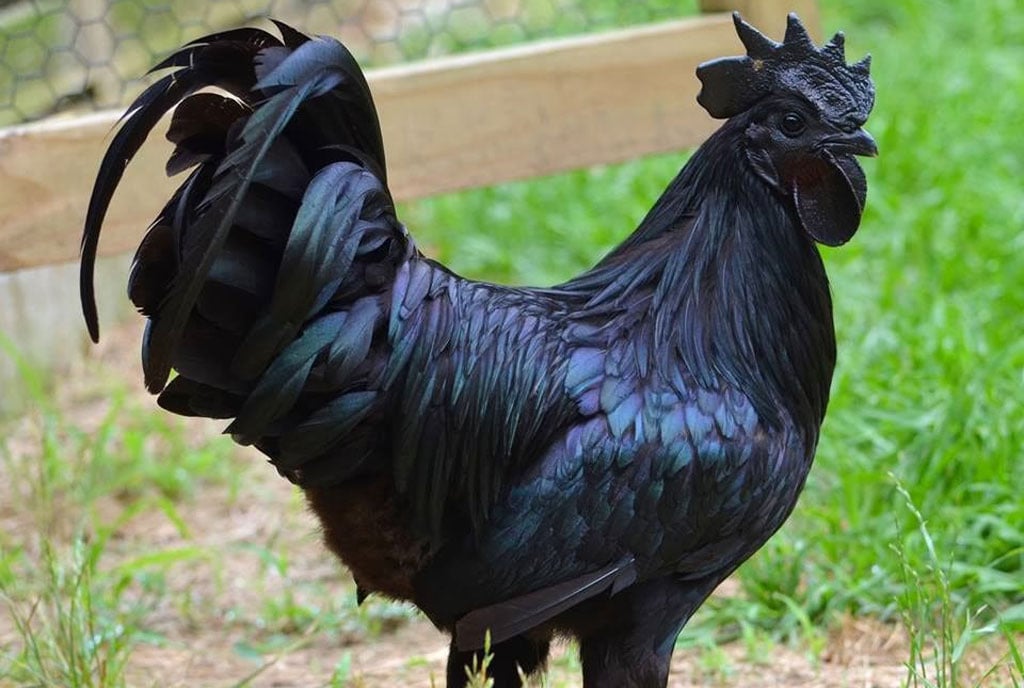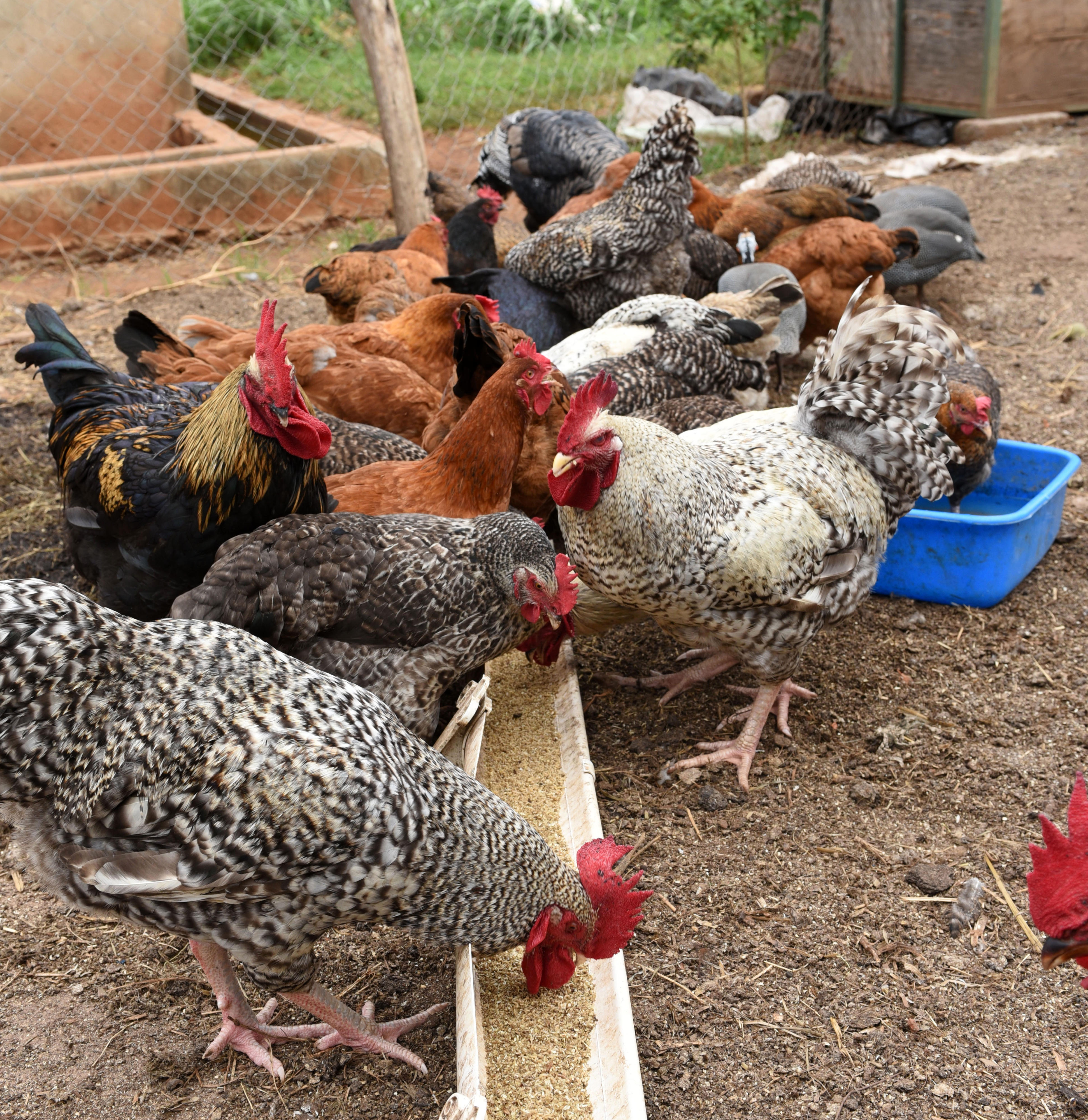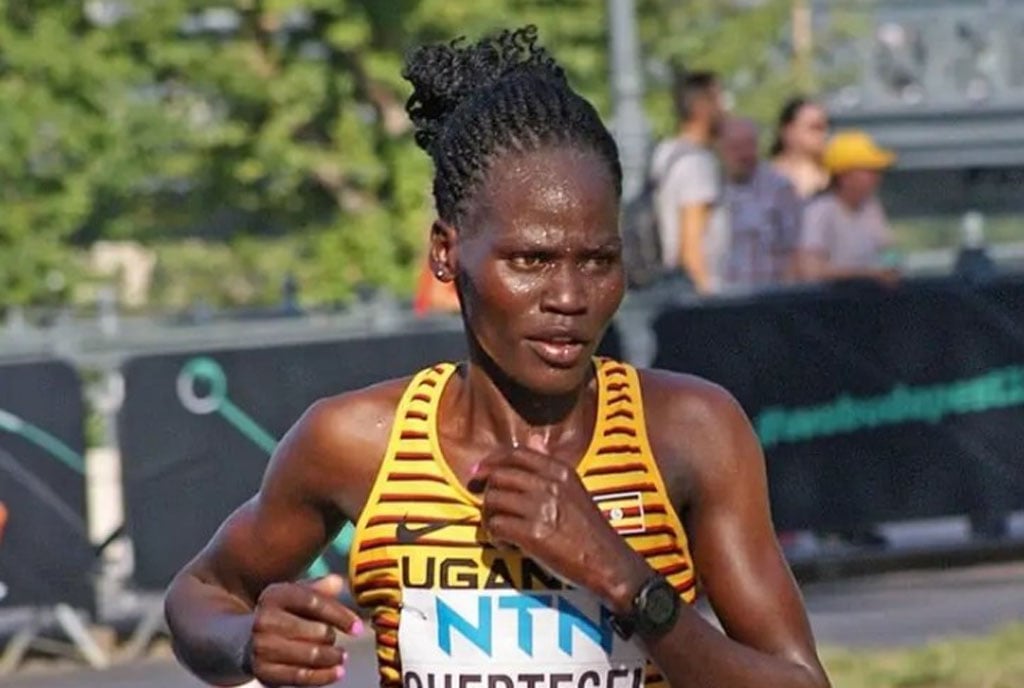Prime
Brace for Ayam cemani, the all black chicken

The Ayam Cemani chicken is a precious variety that can be kept for ornamental purposes and its meat. PHOTO/COURTESY
What you need to know:
- Known as the “Lamborghini of poultry,” the Ayam Cemani chicken stands out as an exceptionally rare breed.
- It holds the title of the world’s most expensive chicken, with an individual bird fetching a minimum of Shs9m.
Ayam Cemani, often termed as the “Lamborghini of poultry,” stands out as an exceptionally rare and expensive chicken breed.
Originating from Indonesia, this unique bird is entirely black, including its feathers, beak, comb, tongue, toes, muscles and bones. Referred to as the world’s most costly chicken, an Ayam Cemani can command a price tag of at least $2,500 (Shs9m) and a single egg selling for as much as $16 (Shs60,000).
According to an article published by the National Geographic in 2019, the cemani is an extreme example of what scientists call dermal hyperpigmentation.
Another chicken variety, identified as the silkie with soft, hair-like feathers, also exhibits hyperpigmented skin and tissues, a characteristic shared with the black H’Mong chickens of Vietnam and the svarthöna of Sweden.
The dark colour of these breeds has made them more valuable in the eyes of breeders.
These fascinating chickens owe their blue-ish black appearance to meticulous selective breeding, resulting in a condition called fibromelanosis. This genetic trait imbues Ayam Cemani with ten times more melanin than most chicken breeds, making them a striking sight. The deep black coloration is so pervasive that it extends to the bone, giving the meat a notably darker hue than standard chicken.
Mythical
Legend surrounds Ayam Cemani in their native Indonesia, where some mistakenly believe they have black blood, considered auspicious in local rituals for attracting good luck, wealth, or heightened spiritual connections.
Additionally, the meat is said to possess mystical properties, particularly in rejuvenating vitality. Despite their spiritual significance, Ayam Cemani meat also serves culinary purposes, provided one can acquire it.
Rooted in the villages of Java, Indonesia, Ayam Cemani’s history intertwines with the indigenous Javanese people, who revered these birds for their spiritual symbolism. The breed’s name, “Cemani,” originates from the Javanese word for “completely black.” The challenge of maintaining their all-black appearance due to their unique genetic makeup adds to their rarity and prestige among poultry enthusiasts.
Versatility
Ayam Cemani’s versatility extends beyond its aesthetic appeal; their mild and adaptable taste makes them a sought-after ingredient in global cuisines.
Described as tender and juicy, their meat adapts well to various cooking styles and flavourings. The choice between Ayam Cemani and regular chickens ultimately depends on personal preferences and culinary goals. While Ayam Cemani offers a unique flavour experience, regular chickens provide a familiar taste suitable for a wide range of dishes.

Ayam Cemani chicken.
Obtaining Ayam Cemani is a challenge, and their market value reflects their rarity. With prices reaching hundreds or even thousands of dollars per chicken, acquiring them is not as straightforward as a trip to the local market.
Nevertheless, for those with a penchant for culinary adventure, Ayam Cemani presents a rare and flavourful opportunity, with slow-cooked recipes showcasing its unique taste profile.
Business opportunity
Ayam Cemani chicken farming has yet to gain significant traction in Uganda, but there are farmers in Kenya, who have ventured into it. This breed is sought after for its dual purpose, serving both meat and ornamental needs. The perfectly black Ayam Cemani chicken holds high demand and value in Indonesia and among people from Asia, where it is believed to possess mystical powers.
Ayam Cemani chickens are known for their activity and strength, making the initiation of a commercial farming business relatively straightforward. Farmers can acquire chicks from breeders, particularly in Kenya, or explore online classified websites to ensure they get strong and active chicks.
Feeding options for these chickens include ready-made/commercial poultry feeds or personally prepared feeds, with a focus on providing nutritious and healthy options.
Ayam Cemani chickens thrive in both confinement and free-range systems, but the latter is preferable for cost savings on food and the perceived higher quality of free-range chicken products.
Ayam Cemani chickens, like many domestic breeds, are excellent natural breeders, producing fertile eggs for hatching if the right ratio of hens to roosters is maintained. Typically, one mature and healthy rooster can effectively breed around 10 hens.
The meat of Ayam Cemani chickens is highly valued, particularly in Asia, where locals believe in the mystical properties of these birds. Before starting this venture, it is crucial to establish effective marketing strategies to capitalise on the unique qualities and demand.
Origin
The breed most likely originated from the Java Islands in Indonesia. The word Ayam means “chicken” in Indonesian.
There is still question to where the Cemani word originated from. Some say it’s the village where the bird was originally from, and some say it means “all black.”

Ayam-cemani eggs. PHOTO/COURTESY
They were imported to Europe by a Dutch breeder in 1998. They made their way to Britain and to the United States at a later time.
Facts
9m/=
Cost per bird.
Most expensive chicken
Ayam Cemani - $2,500 (Shs9.4m)
Dong Tao - $2,000 (Shs7.5m)
Deathlayer - $250 (Shs940,000)
Liege Fighter - $150 (Shs500,000)
Orust - $100 (Shs370,000)
Olandsk Dwarf - $100 (Shs370,000)
Swedish Black - $100 (Shs370,000)
Pavlovskaya - $86 (Shs300,000)
Serama - $70 (Shs260,000)
Bresse - $30 (Shs110,000)
Brahma - $25 (Shs90,000)




